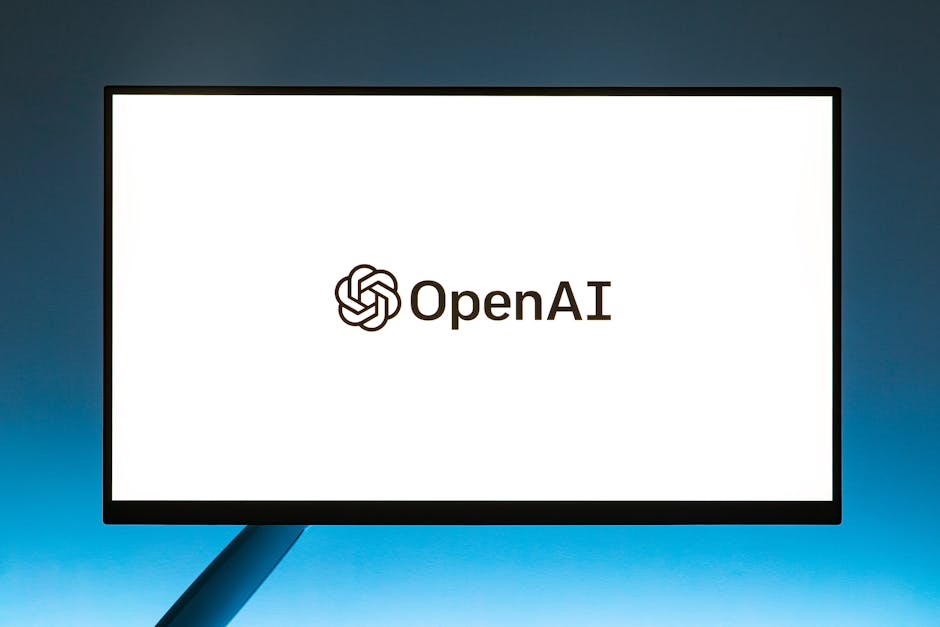Let’s be honest, when OpenAI announces something new, the tech world sits up and takes notice. These are the folks who gave us ChatGPT, the AI that writes poems, debugs code, and plans holidays. So, when whispers turned to reality about an OpenAI-powered web browser, expectations were sky-high. We imagined a seamless, intelligent, almost telepathic way to surf the web.
What we got, however, is a bit of a jumbled mix of brilliant ideas and frustrating execution. In its current state, our review found that OpenAI’s new AI web browser is a bit of a mess.
A Revolutionary Idea Meets a Clunky Reality
The core premise is revolutionary. Instead of just typing a query into a search bar and getting a list of links, the browser aims to do the work for you. You ask it a question, say, “What are the best travel destinations in the Nilgiris?” and it attempts to browse multiple sites itself, synthesize the information, and present you with a neatly organized summary in a ‘Space’.
On paper, this sounds like a dream. In practice, it’s a bottleneck.
Trading Discovery for Digestion
The primary issue is a fundamental misunderstanding of how we use the internet. We don’t always want a single, AI-generated answer. We want choice. We want to see different perspectives, compare the top three travel blogs, and maybe find a hidden gem on a small, independent blog.
By pre-digesting the web, the OpenAI browser robs us of the joy of discovery. Imagine asking for the best biryani recipe and getting a single, summarized version instead of being able to browse and compare the Hyderabadi, Lucknowi, and Kolkata styles for yourself. It’s efficient, but it’s soul-less.
Performance Issues: The AI Browser Is Painfully Slow
Then there’s the speed. Or, more accurately, the lack of it. The process of the AI creating these ‘Spaces’ is painstakingly slow. In the time it takes the AI to generate one summary, you could have already opened five tabs in Chrome or Firefox and found your answer yourself.
For a generation used to instant results, this sluggishness feels like a major step backward. The browser is also a resource-hungry beast, making its performance a significant drawback for anyone not running a top-of-the-line machine.
The Accuracy Dilemma: Can You Trust an AI Browser?
We haven’t even touched on the biggest AI elephant in the room: hallucinations. We’ve all seen ChatGPT confidently make things up. Now, imagine that flaw at the heart of your web browser.
You search for “best smartphone under ₹20,000,” and the AI summary confidently lists a feature that the phone doesn’t have, or a price from a non-existent sale. For a tool meant to deliver accurate information, this is a critical, deal-breaking flaw.
An Ambitious Vision, But Is It Ready?
To be fair, the vision is commendable. The idea of reimagining the browser, an interface that hasn’t fundamentally changed in decades, is exciting. For complex research, the ability to synthesize information could one day be a game-changer. This feels very much like a public beta—a first draft of a potentially radical new chapter.
But right now, it feels like a solution in search of a problem. It tries to replace the elegant simplicity of search-and-click with a clunky, slow, and unreliable system. It’s an ambitious experiment, but it’s not a practical daily driver. For now, this glimpse into the future feels more like a beta test we didn’t sign up for.




